Agenda
Proudly Resilient
Session Championed by

Sponsored by
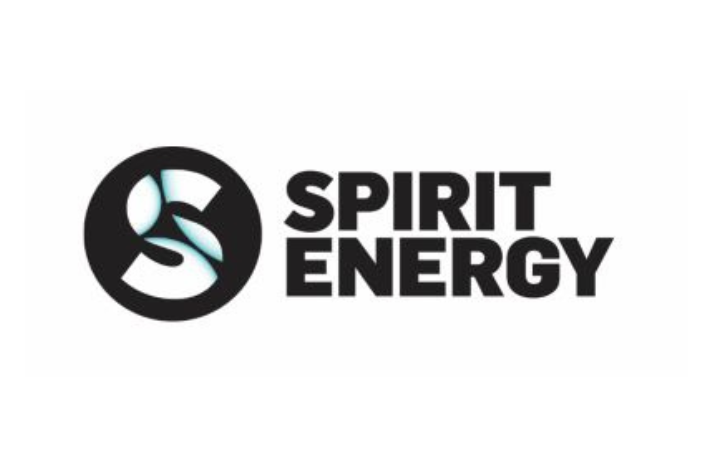
- 2.00 pm
- Auditorium
The good, the bad and the collaborative
Does collaboration work? An interactive session where attendees can share learnings and experience in key areas in offshore decommissioning.
This interactive session, led by the OEUK Decommissioning Forum Steering Committee and sponsored by Spirit Energy, will provide attendees with the opportunity to share their learnings and experiences. Don’t miss out on this chance to engage with industry experts and peers to determine if collaboration truly works in our field.
The session will be divided into three rotating segments, with participants moving between rooms, each facilitated by industry experts. These smaller group discussions will cover all aspects of collaboration within the sector, providing a comprehensive understanding of its effectiveness.
In-person only workshop for conference attendees – limited to 100 attendees and will last 3 hours.
Co-chaired by:
- Joe Leask, Decommissioning Compliance and Strategy Manager, bp
- Will Black, Decommissioning Project Manager, EnQuest
- Walter Thain, Group CEO, THREE60 Energy
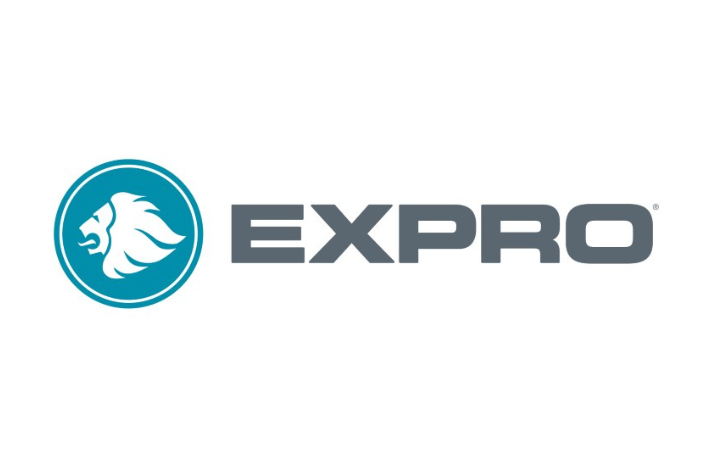
- 5.45 pm
- Kittocks Den and Zephyr Sports Bar
Drinks Reception
All conference attendees are invited to gather in the two hotel bars for an informal drinks reception to kick start the Offshore Decommissioning Conference 2025.
- 6.30 pm
- Atrium
A Question of Decom
A highly interactive session for the first evening of the Offshore Decommissioning Conference. Working in teams, attendees will have the opportunity to put their knowledge to the test and learn more about the offshore decommissioning industry through a series of technical and general knowledge questions.
Hosted by Emily Taylor, Head of Membership, Offshore Energies UK
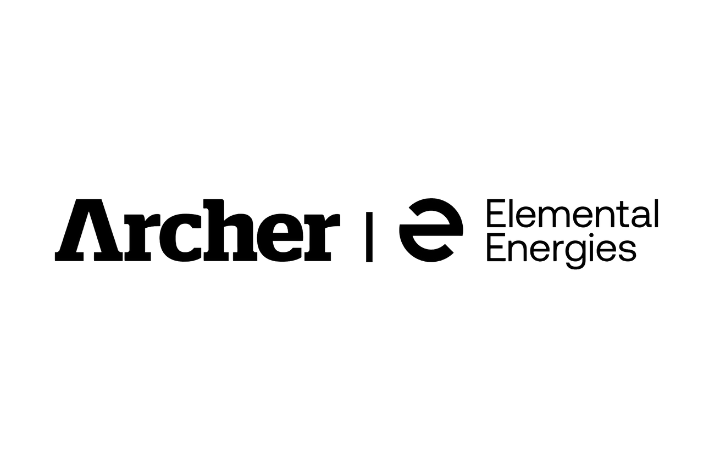
- 7.30 pm
- Atrium
Opening Evening Dinner
All conference attendees are invited to join OEUK for an informal dinner in the stunning Fairmont Atrium. This will provide a seated opportunity to further discussions with other conference attendees in a relaxed setting.
Tuesday 25 November 2025
- 8.00 am
- Registration and Exhibition Opens

- 9.00 am – 9.45 am
SESSION 1 – PROUDLY RESILIENT
Opening the Offshore Decommissioning Conference 2025, this session launches OEUK’s Decommissioning Report 2025 and discusses this year’s opportunities, ideas, successes and challenges.
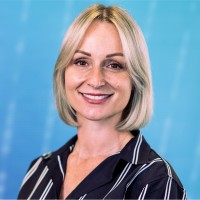
- 9.00 am
- Caroline Brown, Environment Manager, Offshore Energies UK
Session Chair

- 9.05 am
- Dave Whitehouse, CEO, Offshore Energies UK
Keynote Address
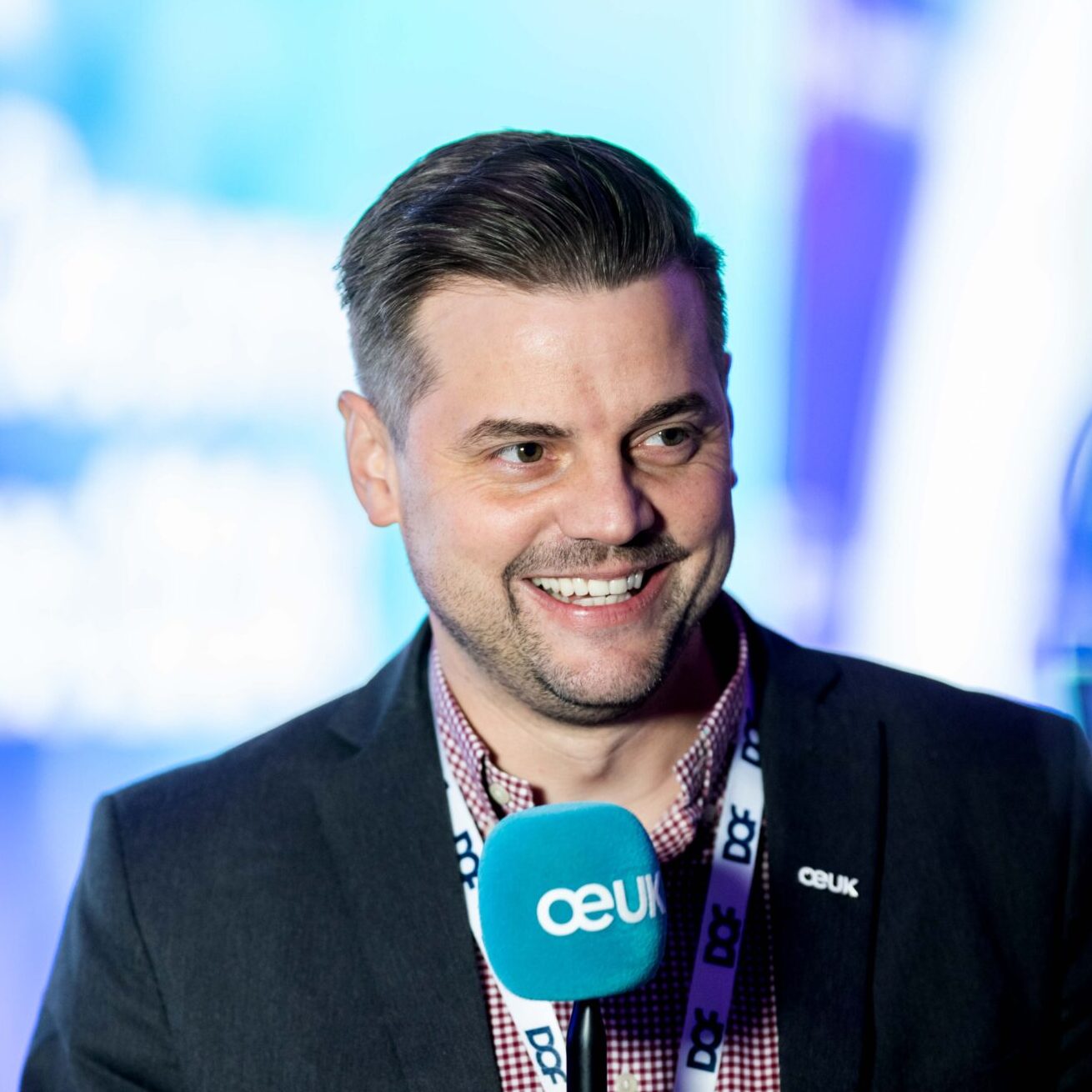
- 9.15 am
- Ricky Thomson, Head of Decommissioning, Offshore Energies UK
OEUK Decommissioning Report 2025
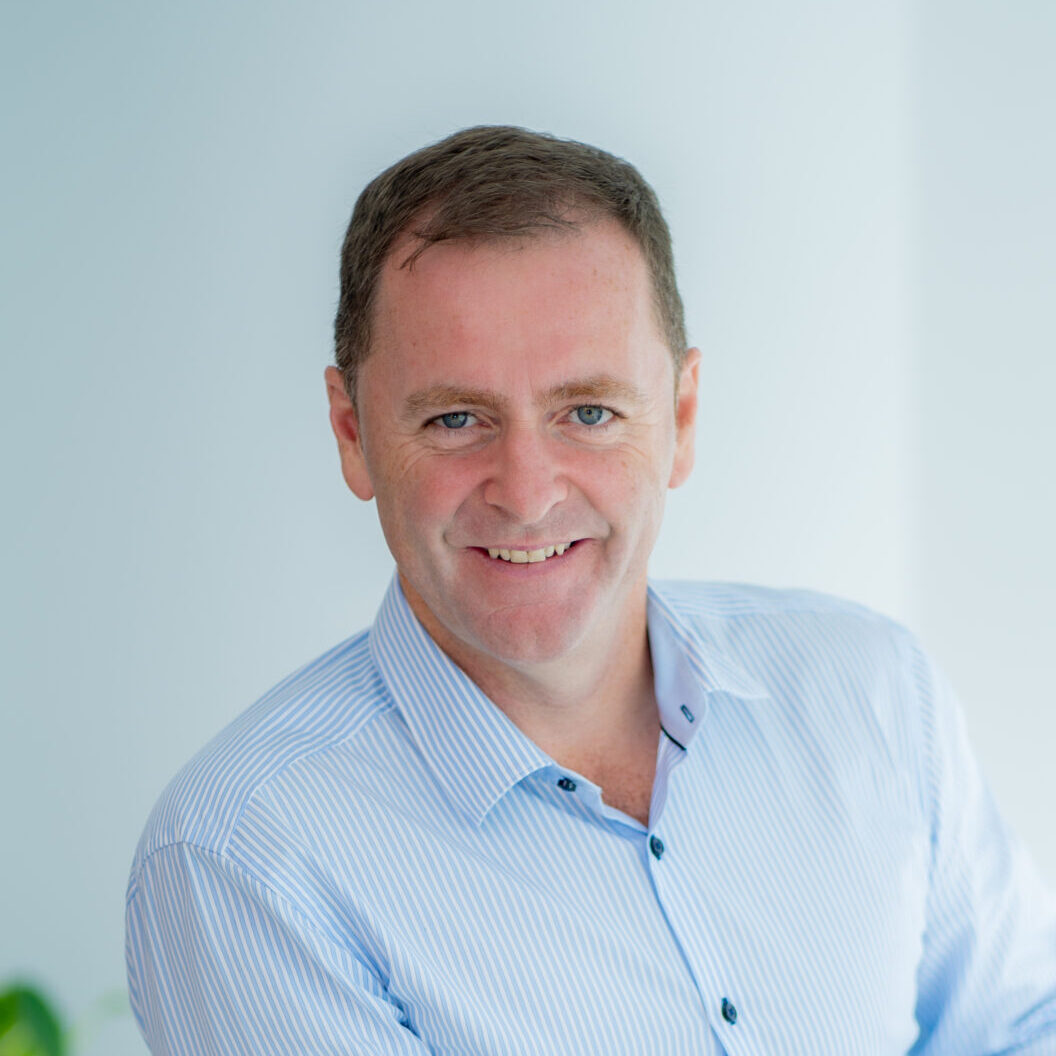
- 9.30 am
- John Gilley, CEO, Kent
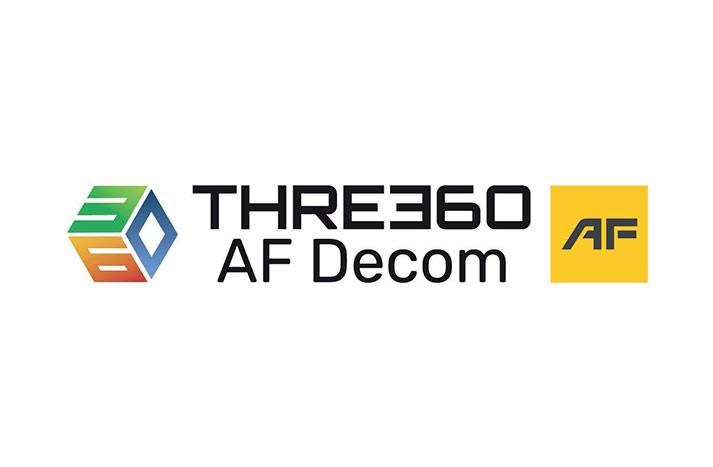
- 9.45 am
- Break and Exhibition Visit

- 10.30 am – 11.45 am
SESSION 2 – RED TAPE, GREEN LIGHT: NAVIGATING REGULATIONS
Good regulation promotes market stability, builds trust, supports
economic growth and fosters innovation. The UK has a long established regulatory system for the decommissioning of offshore oil
and gas installations and pipelines and regulators frequently share the
UK model with other nations. So why is the NSTA announcing plans
to publish well decommissioning information and OPRED consulting
on proposed updates to the process for considering derogations from
OSPAR Decision 98/3?
In true “Question Time” format the panel will take questions from the
audience to discuss the red tape or green light of the UK regulatory
system.
Chaired by Andrew McCallum, CEO and Founder, Aspect
The panel will include:
- Valerie Allan, Partner, CMS
- Pauline Innes, Director of Decommissioning & Supply Chain, North Sea Transition Authority
- Teresa Munro, Chief Operations Officer, OPRED
- David Wilson, Decommissioning, Projects & Engineering Director, TAQA
- Professor John Underhill, Interdisciplinary Director for Energy Transition and Professor in Geoscience and Energy Transition, The University of Aberdeen
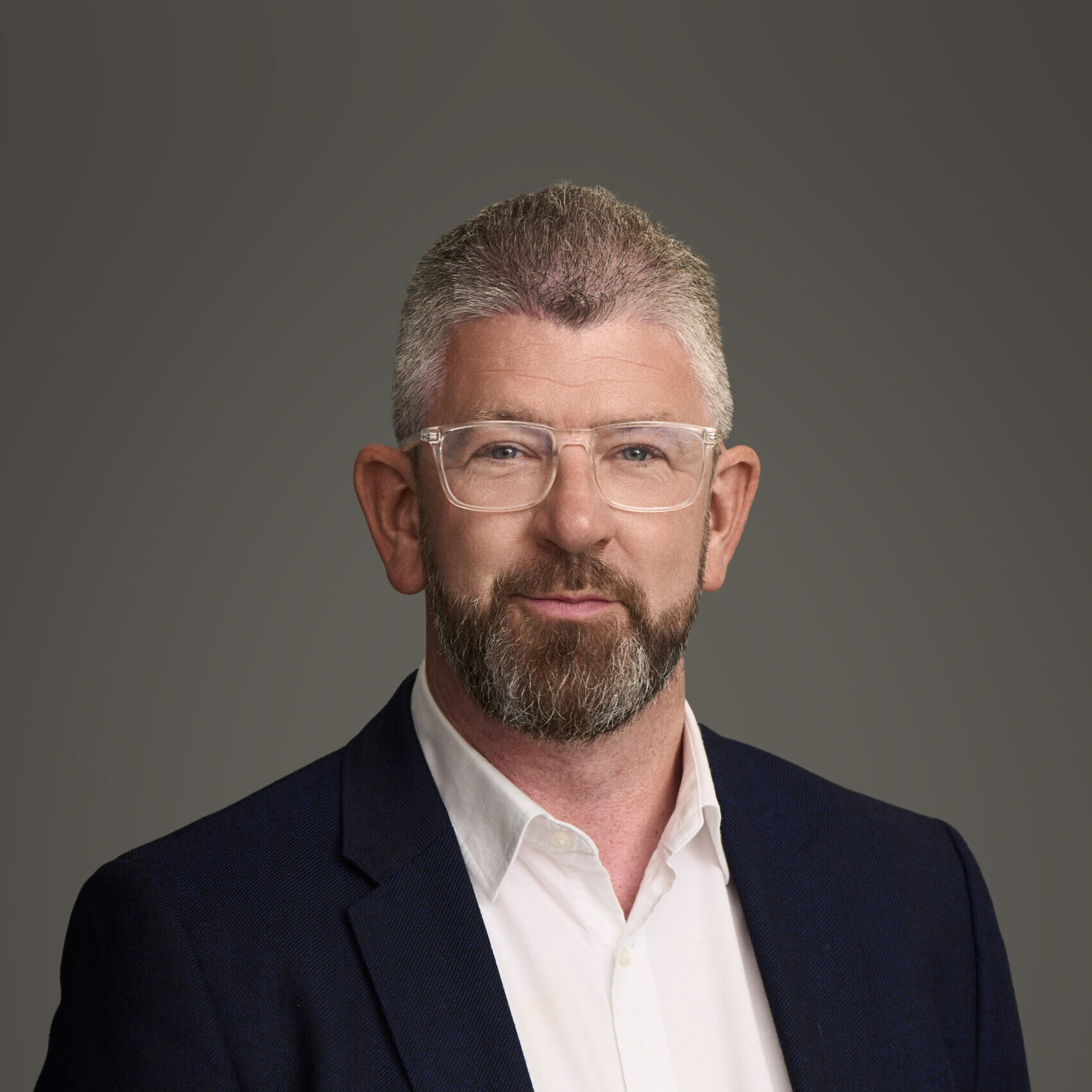
- 10.30 am
- Andrew McCallum, CEO and Founder, Aspect
Session Chair

- 11.45 am
- Lunch Break and Exhibition Visit

- 1.00 pm – 2.25 pm
SESSION 3 – COLLABORATION IN ACTION
Exploring and showcasing real-world examples of effective collaboration throughout the UK decommissioning sector. The session highlights how industry partners work together to address the complex challenges of decommissioning offshore installations, drawing on a range of case studies from leading organisations. By bringing together representatives from Operator and supply chain, the session aims to demonstrate how joint initiatives and cooperative approaches can drive innovation, improve operational efficiency, and deliver successful outcomes. Through presentations and a panel discussion, attendees will gain valuable insights into the tangible benefits of industry collaboration and the ways in which these partnerships are shaping the future of decommissioning in the UK.

- 1.00 pm
- Katy Heidenreich, Supply Chain & People Director, Offshore Energies UK
Session Chair

- 1.05 pm
- Oliver Felmingham, Decommissioning Manager, Perenco UK
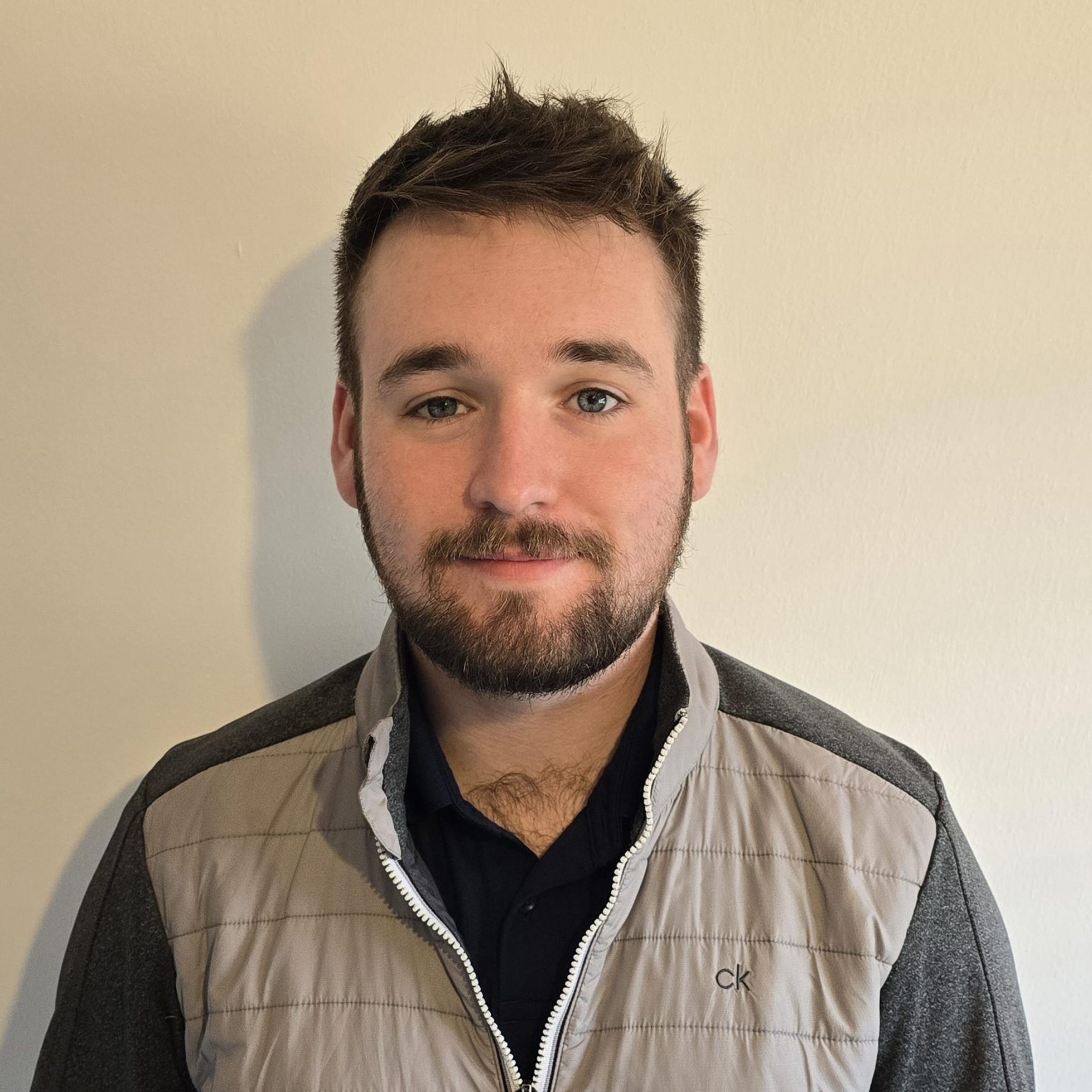
- 1.05 pm
- Jack Ironside, Operations Manager – Decommissioning, James Fisher Decommissioning

- 1.20 pm
- Vikki Thom, Head of Business Development, Relationship Management & Marketing, Boskalis Subsea Services
The 'C' Word
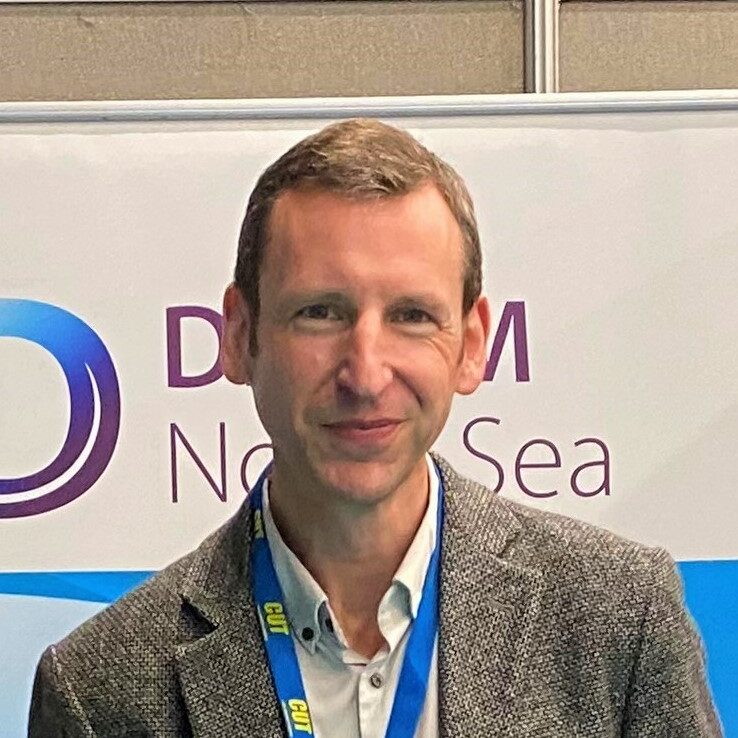
- 1.20 pm
- Bruce Sinclair, Business Development Manager, CUT UK
The 'C' Word
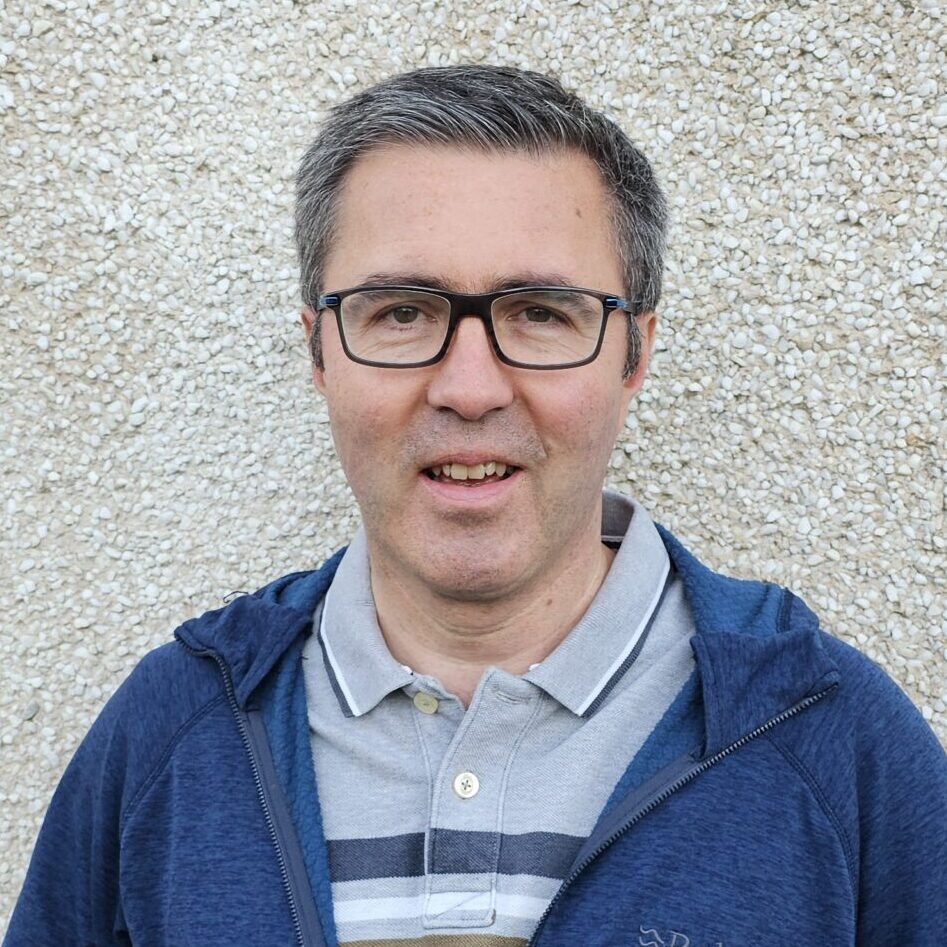
- 1.35 pm
- Malcolm Coutie, Wells Superintendent, EnQuest
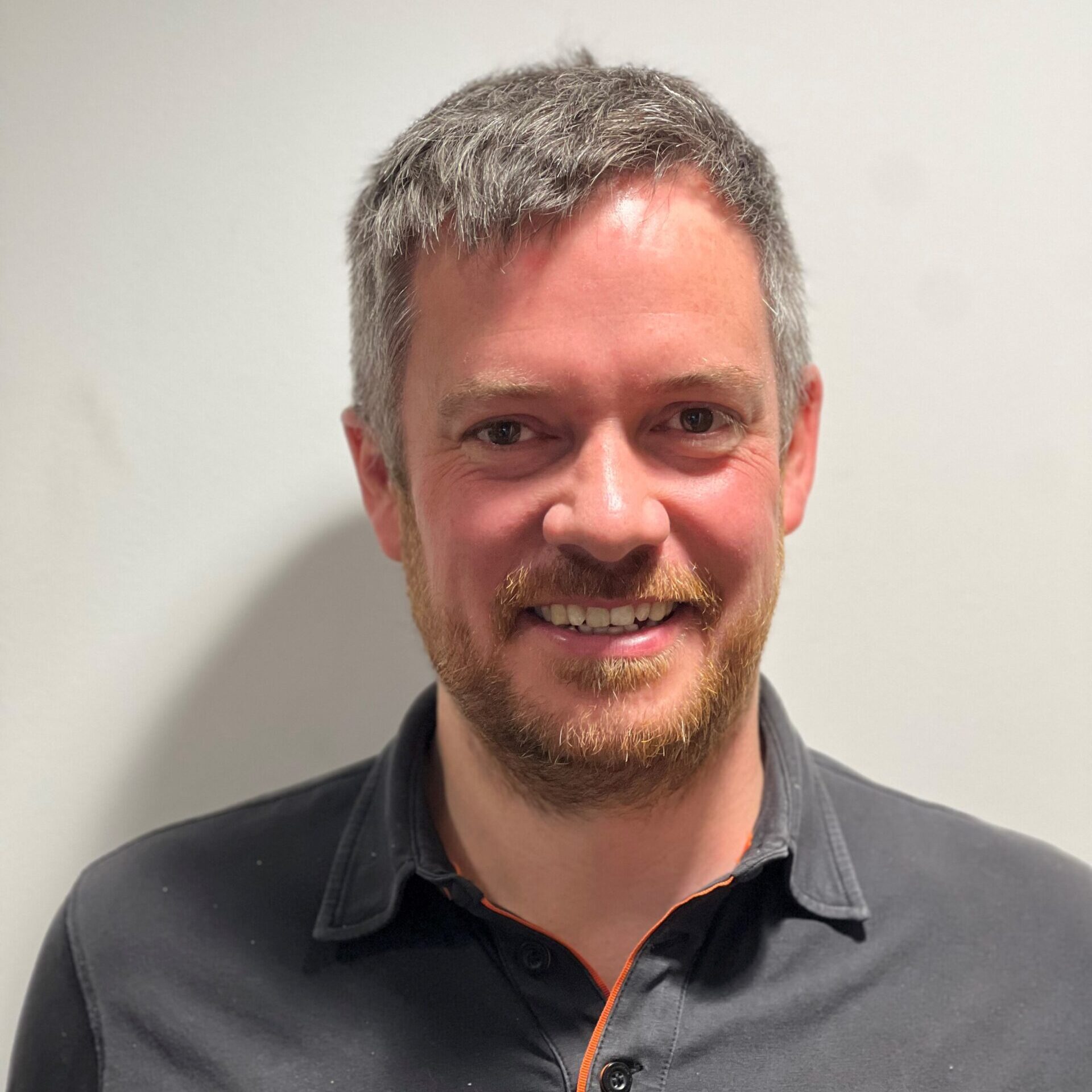
- 1.35 pm
- Andrew Black, Operations Manager, WellGear

- 1.50 pm
- Graeme Fergusson, Commercial Director, AF Offshore Decom
THREE60 AF Decom
- 2.05 pm
- Panel Discussion

- 2.25 pm – 2.45 pm
SESSION 4 – OEUK WORK BREAKDOWN STRUCTURE
The OEUK Decommissioning Work Breakdown Structure (WBS) has become a widely recognised standard both in the UK and internationally. It has transformed how the industry communicates and benchmarks decommissioning projects, helping to drive greater efficiency. To achieve excellence, attention must be given to every component of the WBS.
This session will focus on the Topsides Preparation and Subsea Infrastructure elements, showcasing some of the outstanding work being delivered by the supply chain in these areas.

- 2.25 pm
- Neil Cuthbert, Associate Director – Decommissioning, Kent
Session Chair
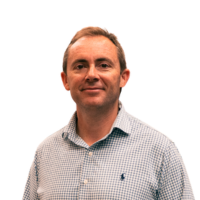
- 2.30 pm
- Stephen Taylor, Managing Director, AquaTerra Group
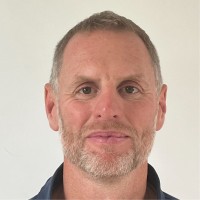
- 2.35 pm
- Ross Stevens, Project Manager, DOF Subsea
OEUK Work Breakdown Structure – Subsea Infrastructure
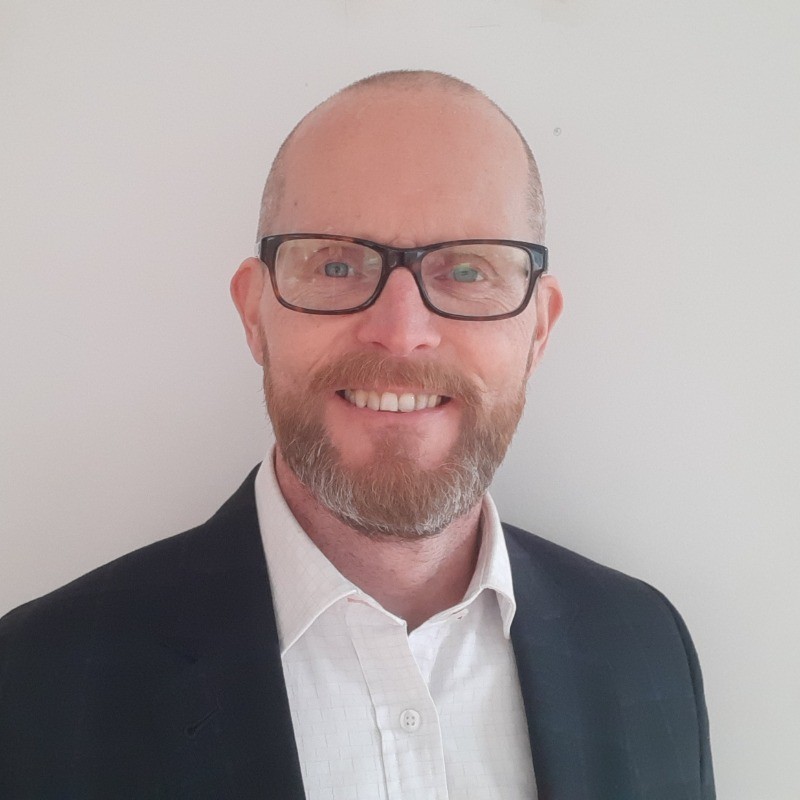
- 2.40 pm
- Craig Baxter, Decommissioning Technical Manager, Claxton
Innovations in Subsea Laser Cutting

- 2.45 pm
- Break and Exhibition Visit
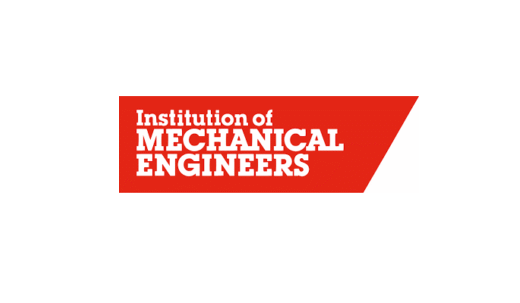
- 3.15 pm – 4.30 pm
SESSION 5 – MECHANICAL WONDERS
An in-depth look at heavy lift operations within the decommissioning sector, focusing on the execution of large-scale projects and the pioneering mechanical innovations that are driving the industry forward. Featuring leading experts and practitioners, the session showcases practical examples and expert perspectives on how these innovations are setting new standards and delivering tangible progress in decommissioning project execution.

- 3.15 pm
- Caitlin Smith, Business Adviser – HSE & Operations, Offshore Energies UK
Session Chair
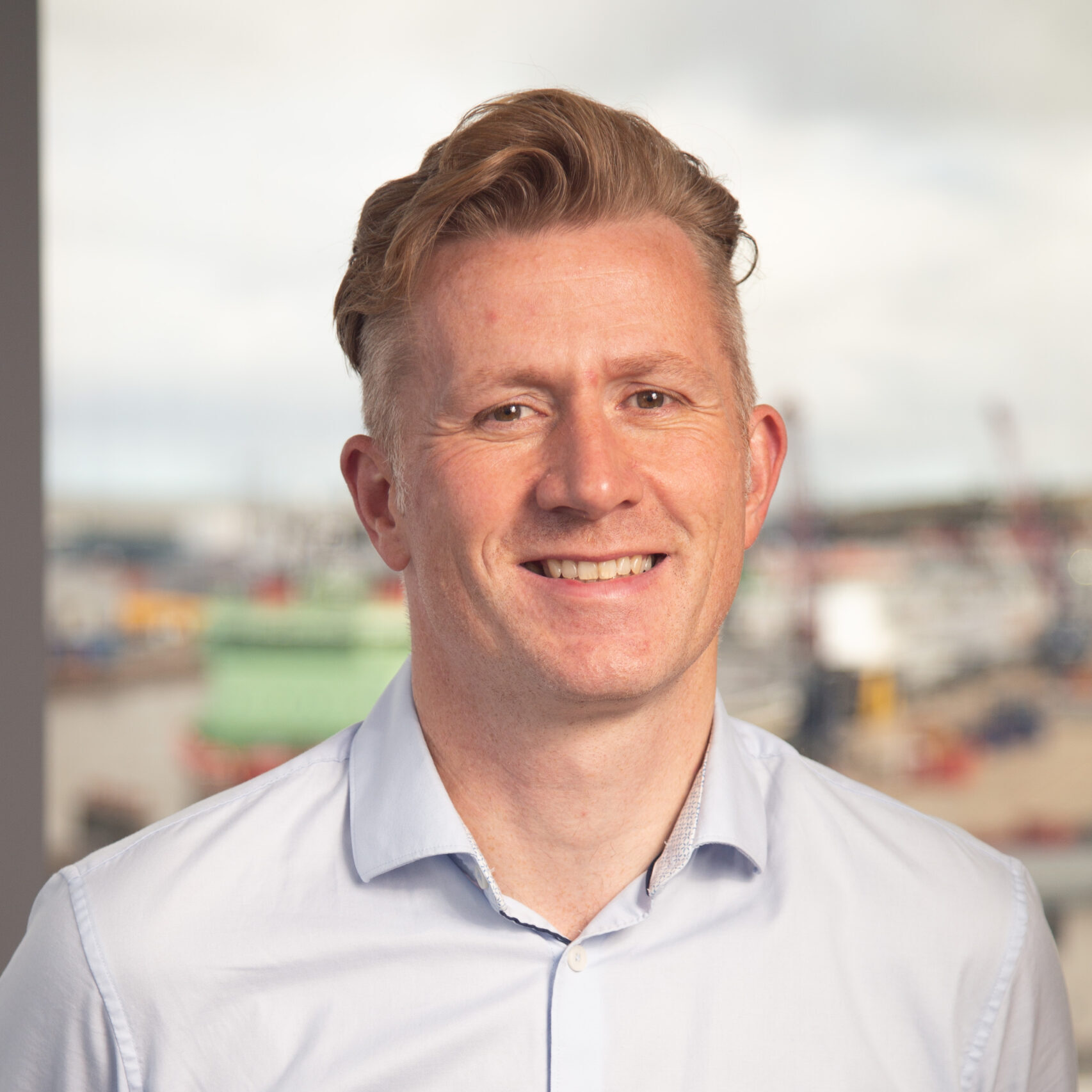
- 3.20 pm
- Will Black, Decommissioning Project Manager, EnQuest
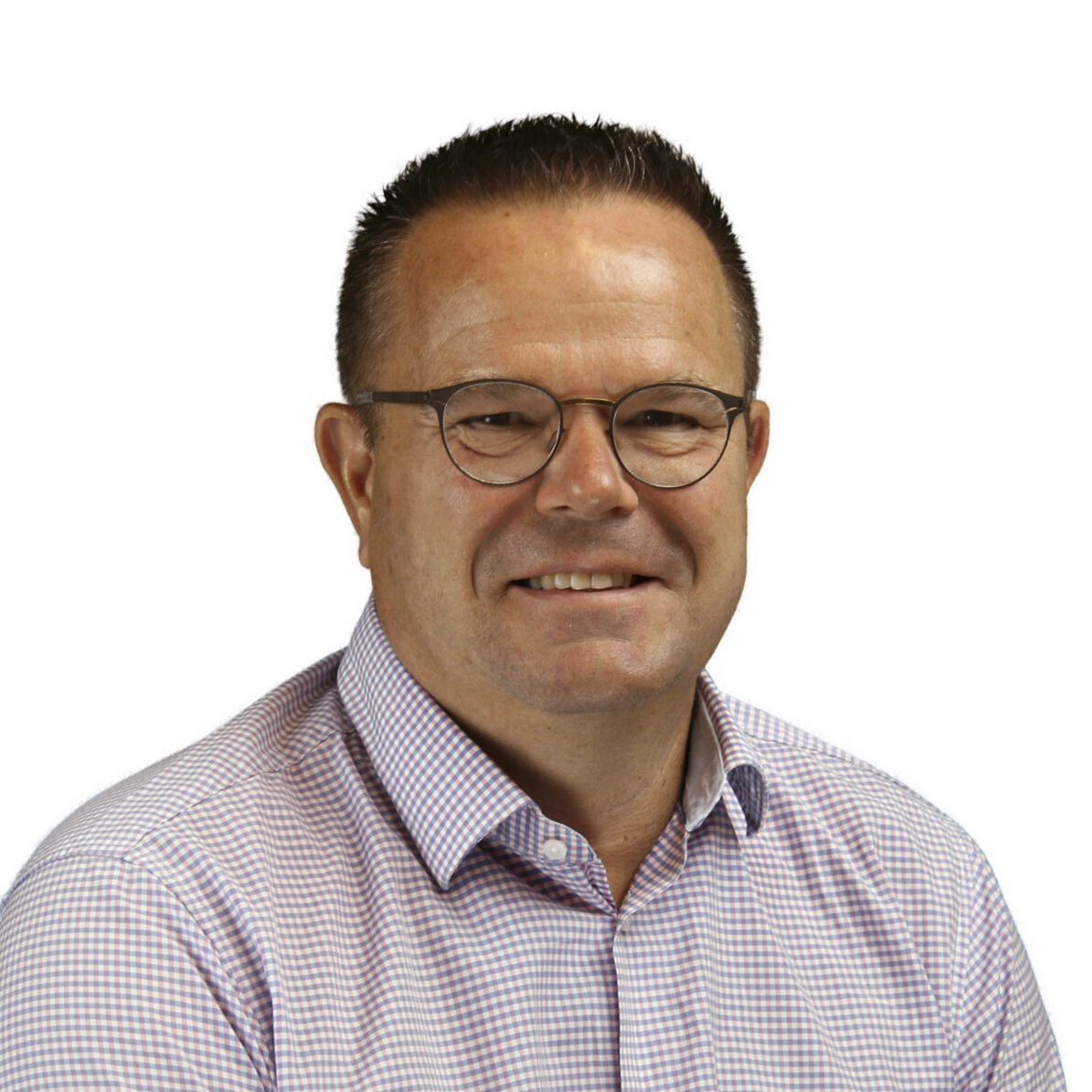
- 3.35 pm
- Simon Szkudlarek, Senior Project Manager, Heerema Marine Contractors Nederland S.E.
Reinventing Conductor Removal with Down-End Innovation
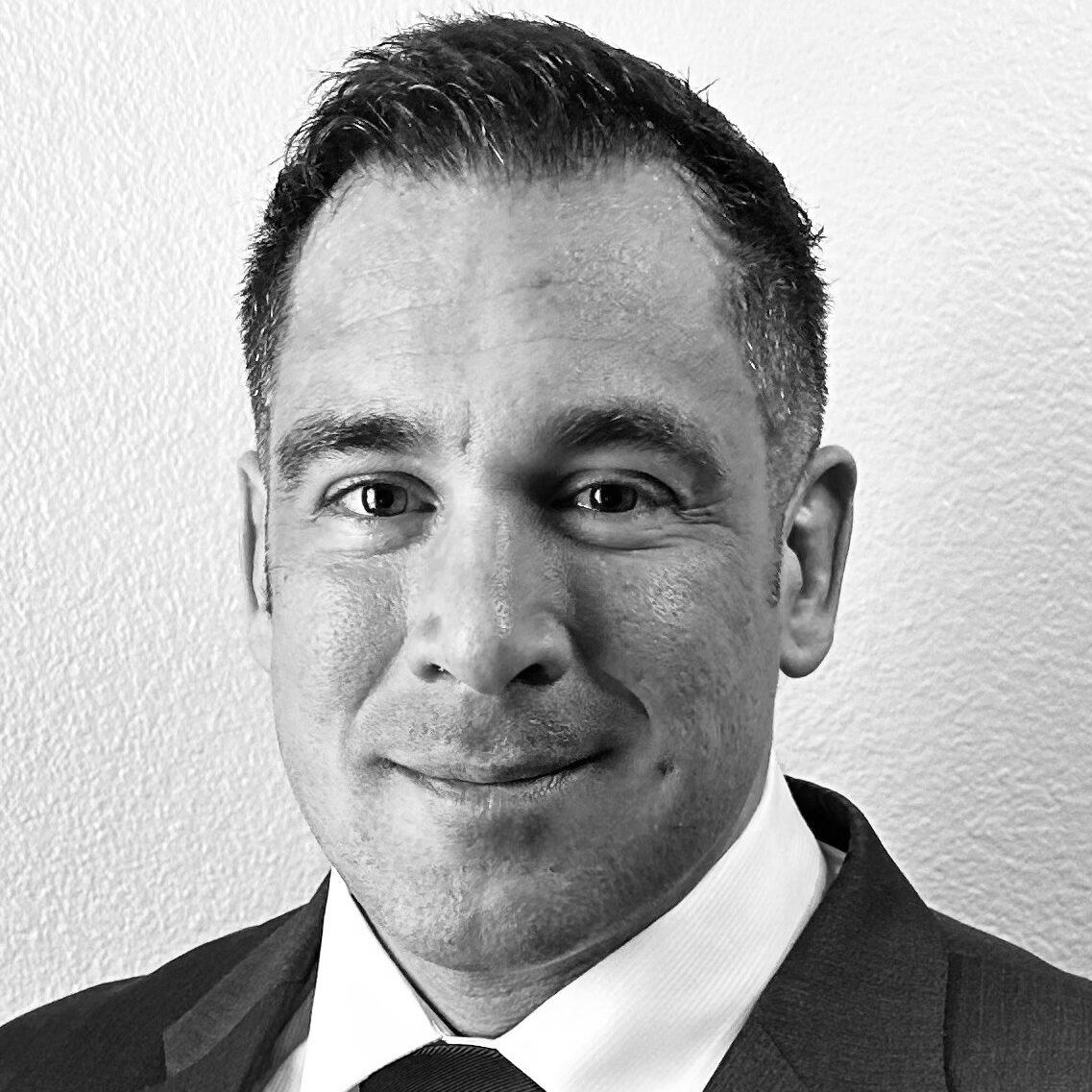
- 3.50 pm
- Matt Fish, Managing Director, Xenos
Raising the Standard: Reducing Exposure and Increasing Efficiency in Offshore Decommissioning with Xenos
- 4.05 pm
- Panel Discussion
Panel chaired by Caitlin Smith, Business Adviser – HSE & Operations, Offshore Energies UK.
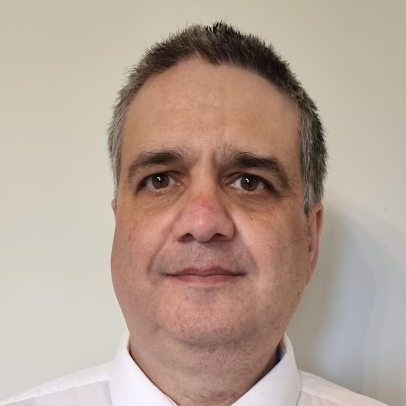
- 4.05 pm
- Nick Graves, Chair, Aberdeen Area Committee, IMechE
Panellist

- 4.20 pm – 5.30 pm
SESSION 6 – GLOBAL STANDARDS, LOCAL BLIND SPOTS: WHY EVIDENCE MUST LEAD DECOMISSIONING DECISIONS
Despite the clarity of international frameworks, such as OSPAR Decision 98/3 and it’s derogation provisions, decommissioning decisions across jurisdictions are often drowned out by inherited philosophies like a default push for a ‘clean seabed’ rather than be grounded in site-specific evidence. This session explores why economics, environmental science and technical feasibility, explicitly required by most jurisdictions should be central to evidence led decision making.

- 4.20 pm
- Joe Leask, Decommissioning Compliance and Strategy Manager, bp.
Session Chair
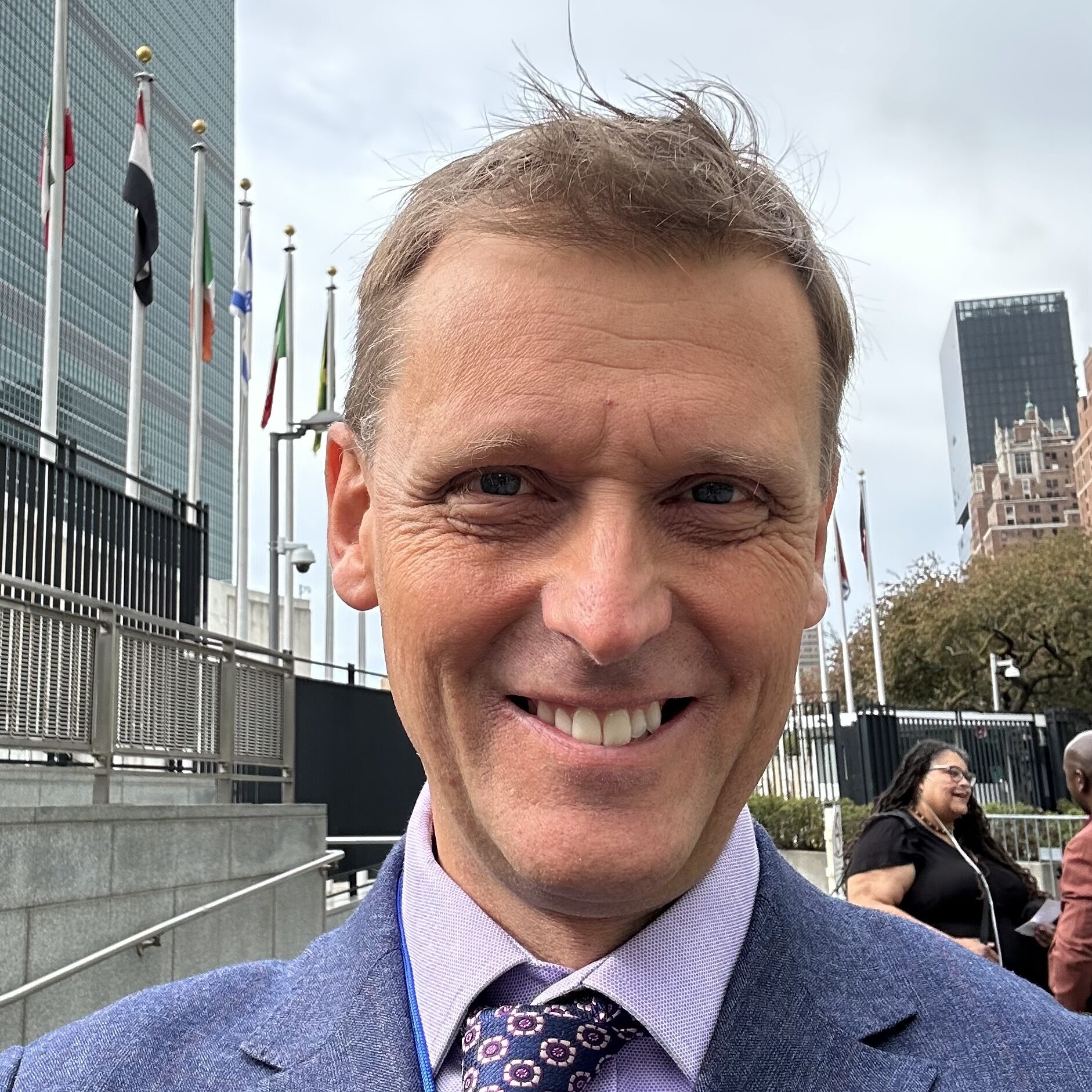
- 4.25 pm
- J Murray Roberts, Professor of Applied Marine Biology & Ecology, The University of Edinburgh & Mara Consultants Ltd
What’s The Value In Marine Growth? Lessons Learned On Its Role In Ecosystem Function, Restoration And Future Conservation Management
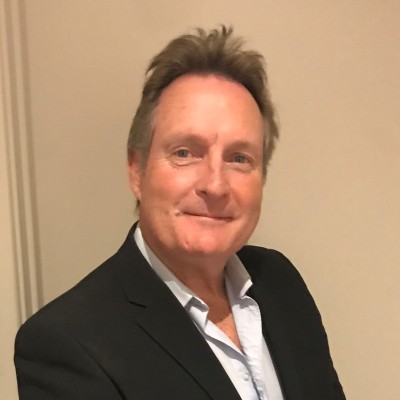
- 4.40 pm
- Harvey Johnstone, Director Environment & Asia Pacific, IOGP
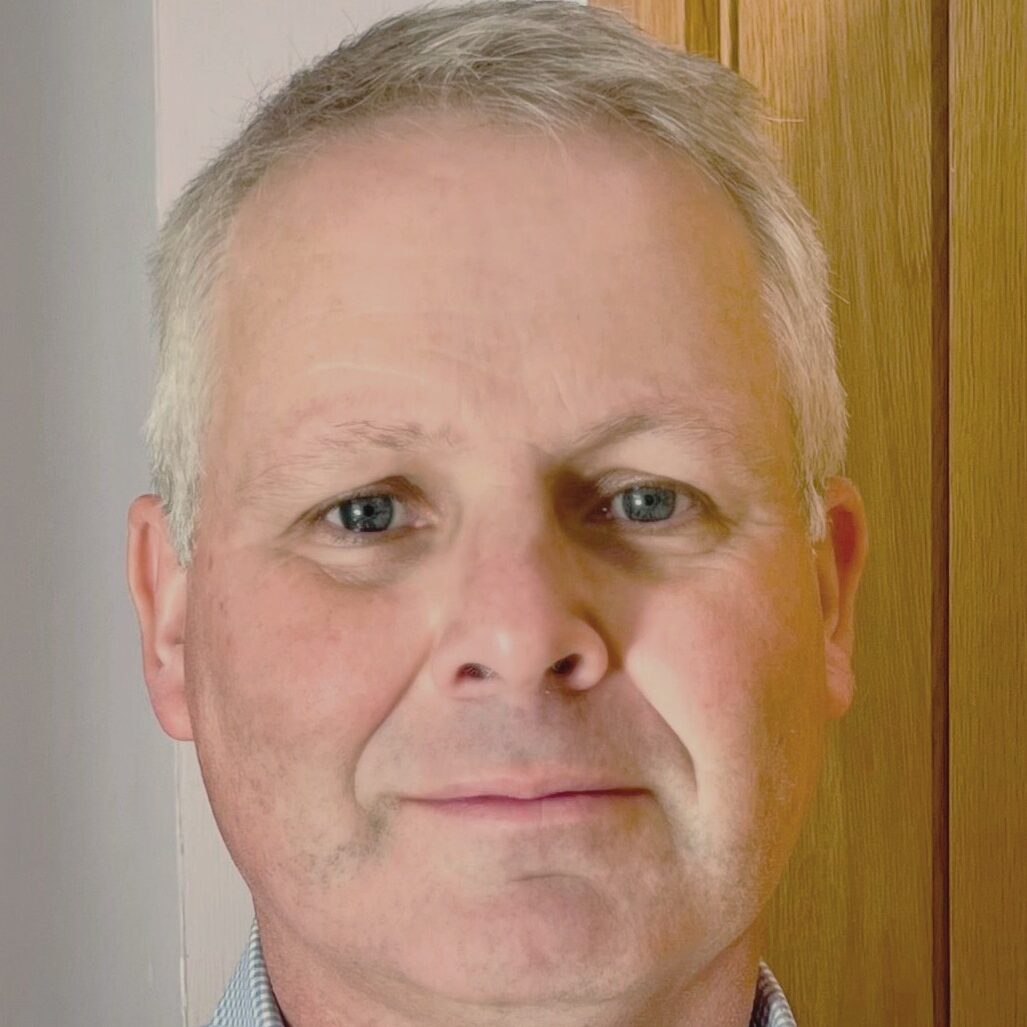
- 4.55 pm
- John Gillies, Principle Decommissioning Adviser, ExxonMobil
- 5.10 pm
- Panel Discussion

- 5.25 pm
- Ricky Thomson, Head of Decommissioning, Offshore Energies UK
Close of Conference Sessions for the Day
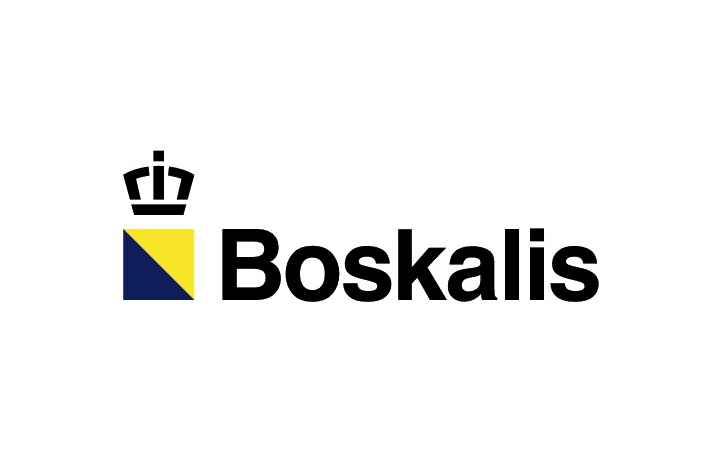
- 6.30 pm
- Kittocks Den and Zephyr Sports Bar
Drinks Reception
All conference attendees are invited to gather in the two hotel bars for an informal drinks reception to mark the mid-point of the Offshore Decommissioning Conference 2025. Always a popular part of the conference programme the networking reception allows an opportunity for delegates to further discussion with one another in a relaxed setting.

- 7.30 pm
- Atrium
Gala Dinner
All conference attendees are invited to attend the Conference Gala Dinner. This event takes place in the stunning Atrium under a magnificent light sculpture, allowing attendees to follow up on conversations with existing contacts and importantly build new relationships with others working in the decommissioning sector.
The Awards for Excellence in Decommissioning will be awarded at the event and the evening will conclude with unforgettable after dinner entertainment.
A number of tables will be reserved for OEUK and the dinner sponsor.
Remaining attendees have free choice of their seating.
Wednesday 26 November 2025

- 9.00 am
- Mark Wilson, Energy Operations Director, Offshore Energies UK
Welcome to Day

- 9.05 am
- Gareth Jones, Decommissioning Division Manager, Xodus Group
OEUK Offshore Wind Decommissioning Network: Introducing New Energies Initiatives

- 9.10 – 10.15 am
SESSION 7 – DECOMISSIONING IN THE ENERGY TRANSITION
At some point all energy infrastructure will require decommissioning and consequently this stage needs to be embedded into all the stakeholders thinking, policies, and investment decisions. Decommissioning should exist alongside the deployment of new energy systems, and not in competition, thereby allowing for a greater emphasis on sustainability and cost effective decision making.

- 9.10 am
- Professor Richard Neilson, Director of the National Decommissioning Centre, University of Aberdeen
Session Chair
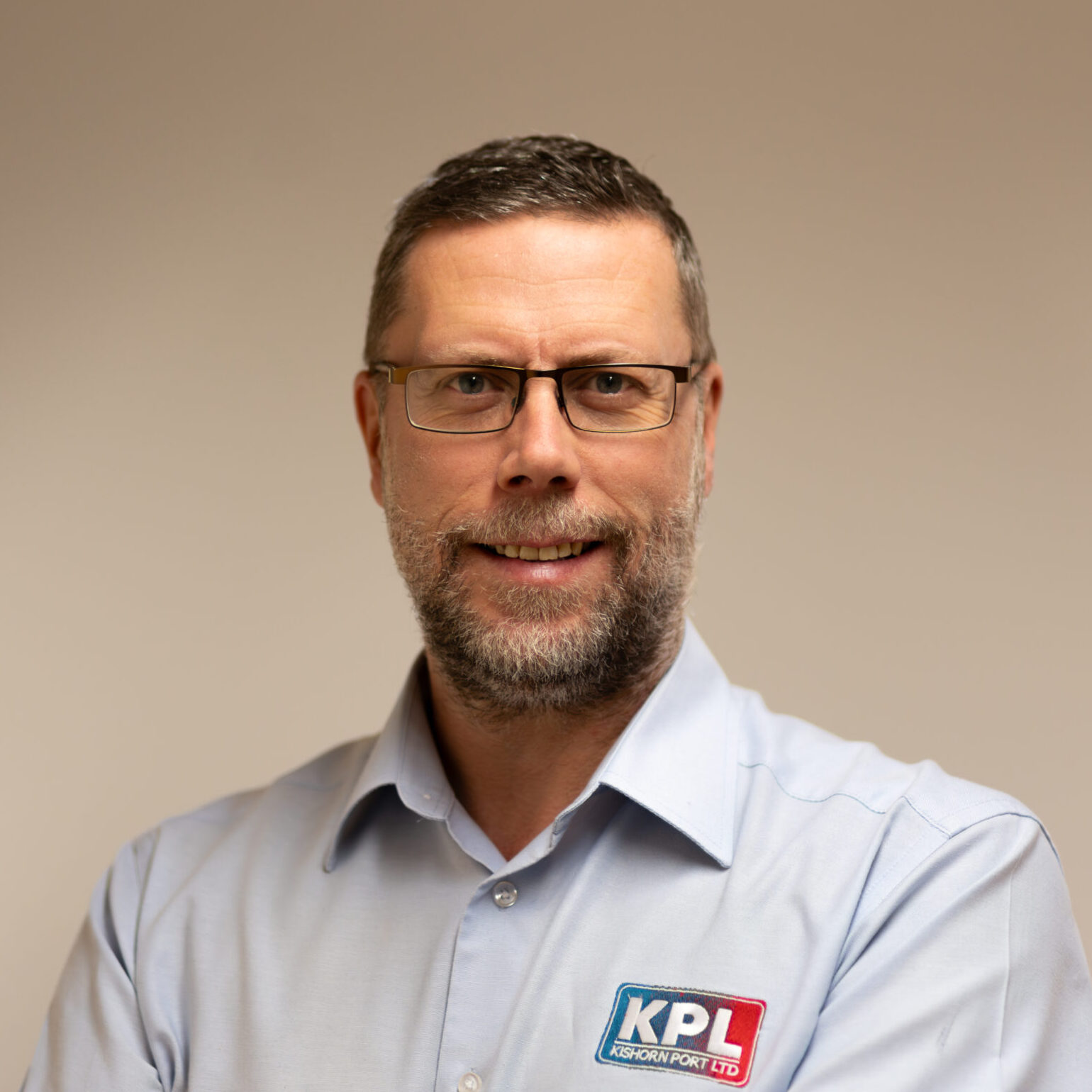
- 9.15 am
- Steve Welham, Head of Safety & Compliance, Kishorn Port Ltd
Kishorn Port & Dry Dock – Decommissioning in the Energy Transition
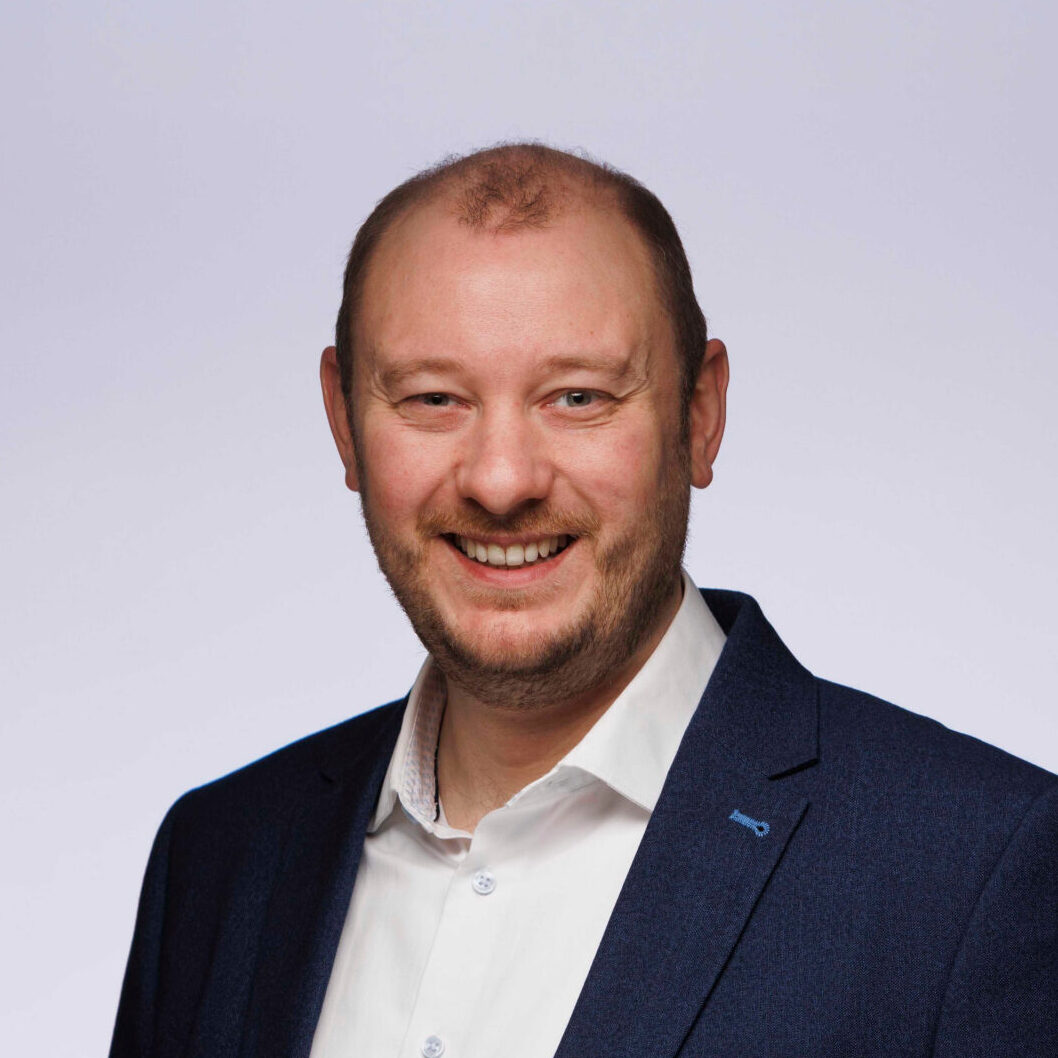
- 9.25 am
- Matt Browell-Hook, Director of Energy Transition, Decommissioning and Projects, Spirit Energy
The Meeting of Two Eras

- 9.35 am
- Donna Sutherland, Head of Commercial, Veri Energy Limited
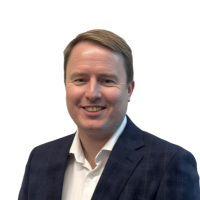
- 9.45 am
- Pete Savage, Well Abandonment Superintendent, Well-Safe Solutions
Bridging the Gap – Sustaining Competence for Decom and the Energy Transition
- 9.55 am
- Panel Discussion

- 10.15 am
- Break and Exhibition Visit

- 11.00 am – 12.15 pm
SESSION 8 – SEALING THE PAST, SECURING THE FUTURE: RESILIENCE IN P&A
Bringing together leading industry figures to discuss best practices, technological advancements, and the UK’s continued commitment to resilient and responsible well Plug & abandonment. The presentations highlight how the UK sector excels in project execution, proactively addressing operational challenges and regulatory requirements to ensure safe, environmentally sound outcomes. By sharing expertise and innovative approaches, the session demonstrates the UK’s leadership in setting high standards for well abandonment.

- 11.00 am
- Tom Quick, Senior Wells Decommissioning Engineer, bp
Session Co-chair

- 11.00 am
- Vidhya Thevaryan, Senior Wells Decom Engineer – Subsea, EnQuest
Session Co-chair

- 11.05 am
- James Denholm, Well Engineer, Shell U.K. Limited
Plugging The Gaps – The Importance Of Getting It “Right First Time” In P&A
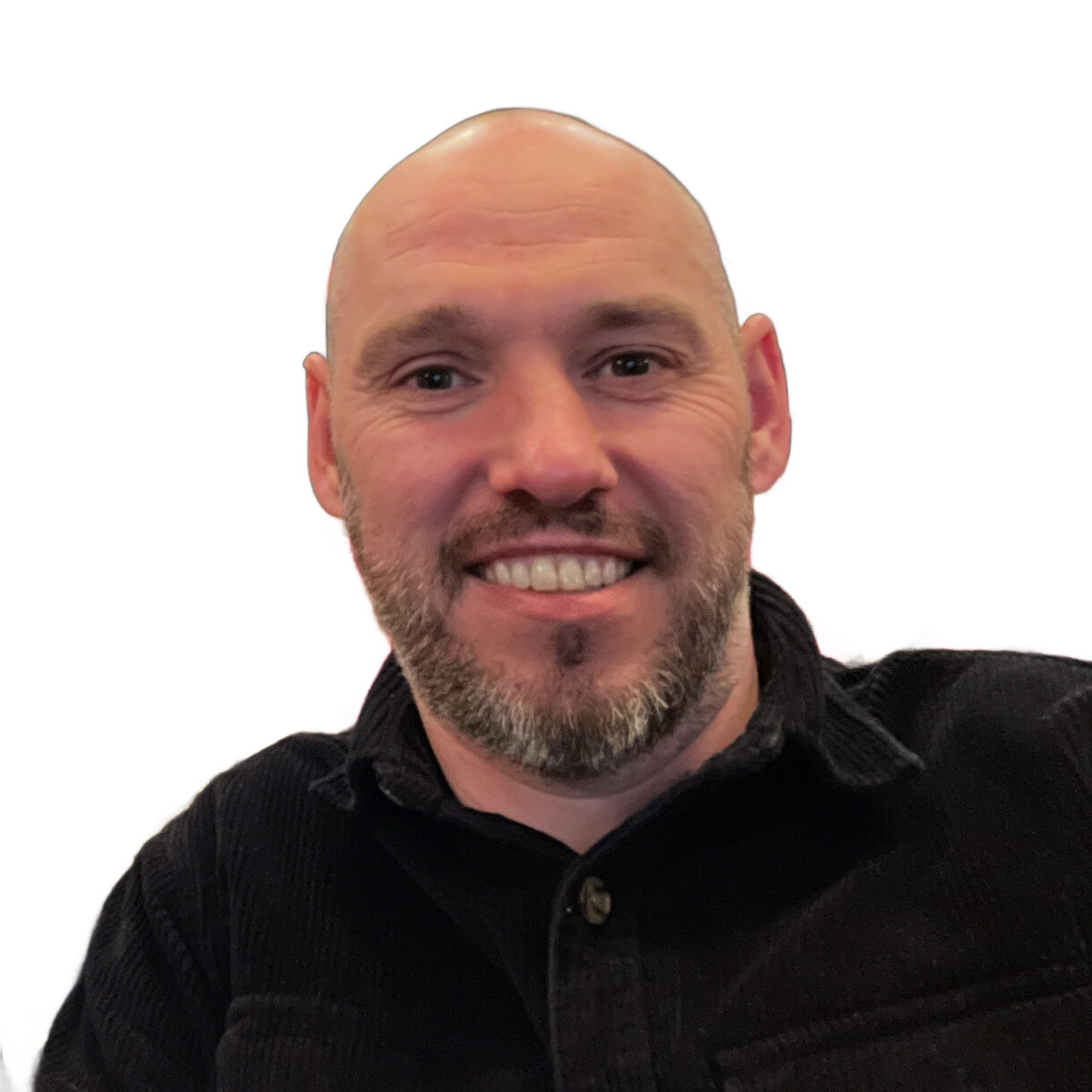
- 11.20 am
- Fraser McGaw, Team Lead – North Sea Completions, CNR International
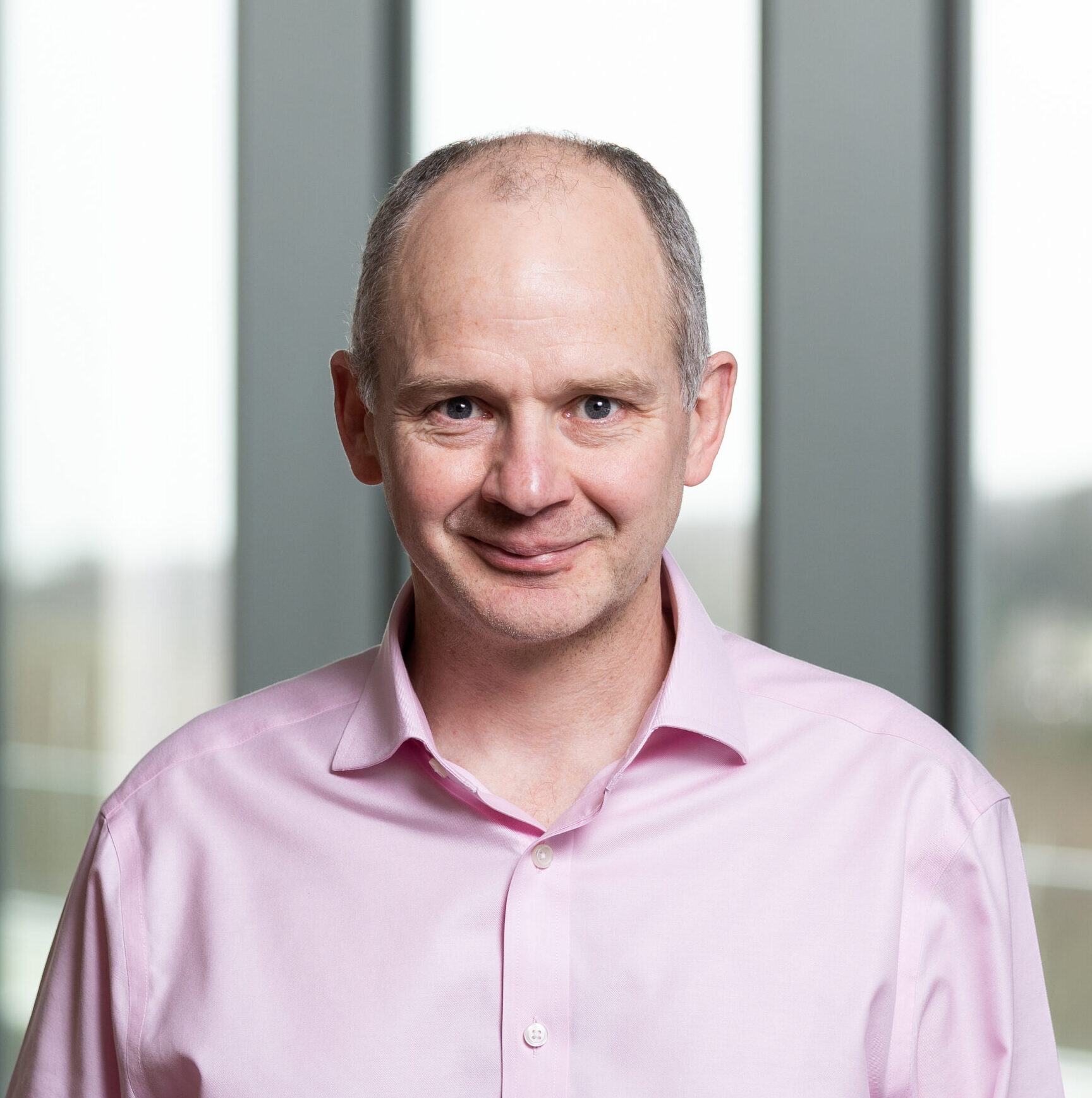
- 11.35 am
- Doug Noble, Wells Manager, TAQA
TAQA UK Well Decommissioning
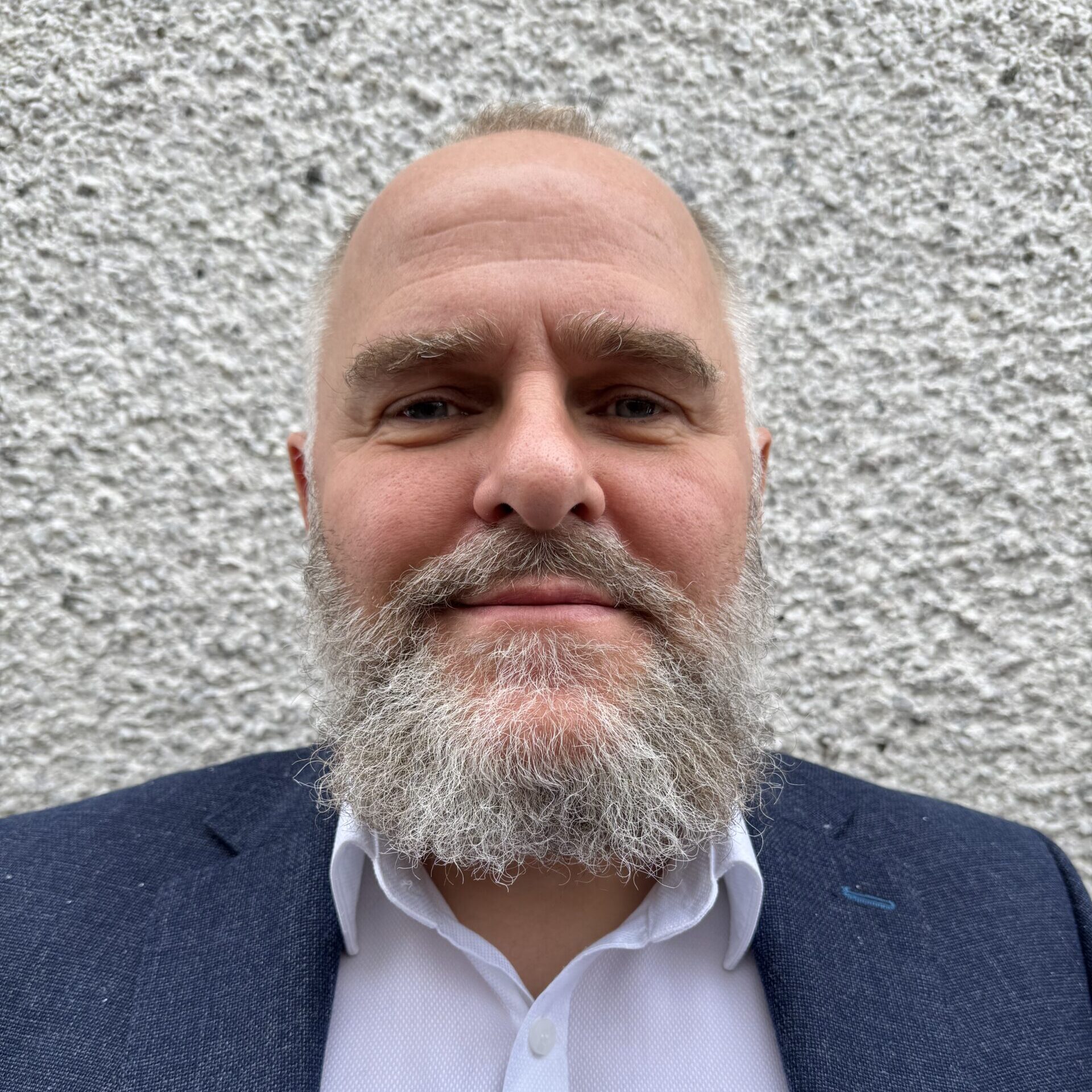
- 11.50 am
- Greig Hunter, P&A Engineering Manager, Harbour Energy
Resilience in P&A – Harnessing New Technology
- 12.05 am
- Panel Discussion

- 12.15 pm
- Break and Exhibition Visit
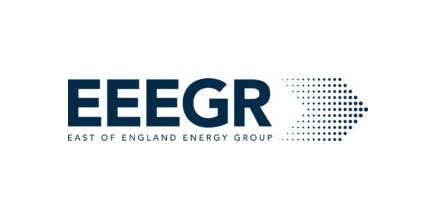
- 12.45 pm – 1.30 pm
SESSION 9 – SUPPLY CHAIN CALL TO ACTION
The final session will include presentations from leading industry stakeholders about upcoming projects both in the UK and abroad. Attendees will discuss decommissioning plans for the next few years, highlight key challenges ahead, and formally wrap up the Offshore Decommissioning Conference 2025. This session aims to offer the supply chain clearer insights and valuable information about anticipated future workloads.

- 12.45 pm
- Mark Wilson, Energy Operations Director, Offshore Energies UK
Session Chair
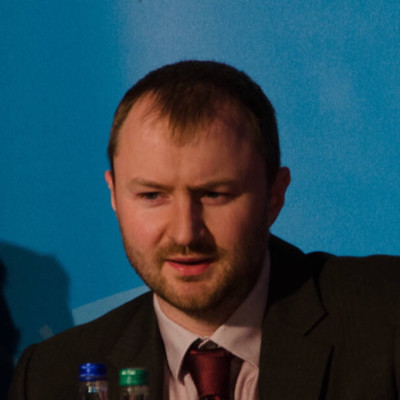
- 12.50 pm
- Innes Jordan, Decommissioning Manager, CNOOC International
Decommissioning Lookahead

- 1.00 pm
- Magnus Svensson, Manager Subsurface, Drilling and Wells, Offshore Norge
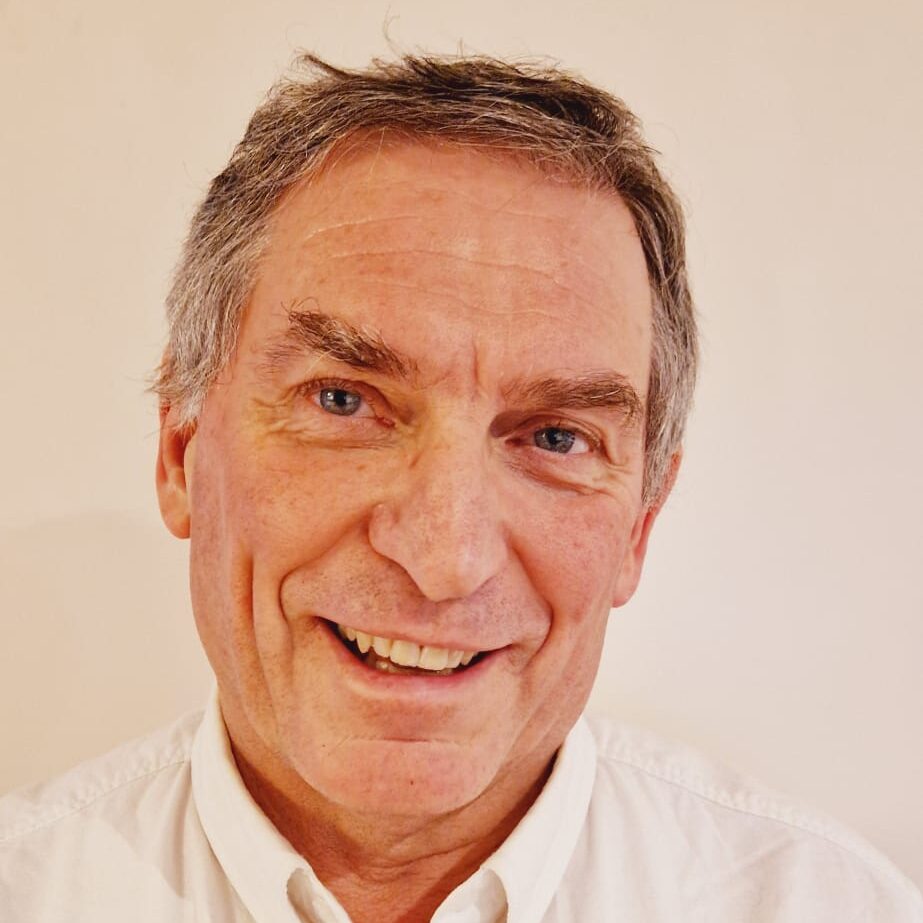
- 1.00 pm
- Mike Bishop, Senior Decommissioning Advisor, OKEA ASA

- 1.10 pm
- Ceri Wheaton, Operations & Compliance Manager, Spirit Energy
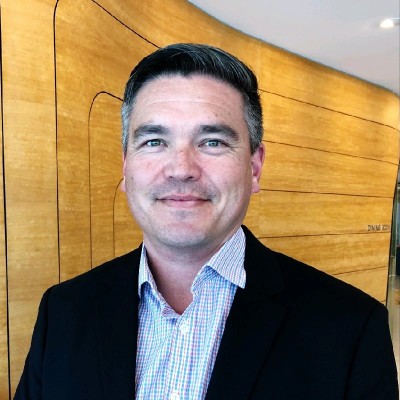
- 1.20 pm
- Chris See, Decommissioning Delivery Manager, Woodside

- 1.30 pm
- Mark Wilson, Energy Operations Director, Offshore Energies UK
Closing Remarks

- 1.30 pm
- Lunch and Event Close

